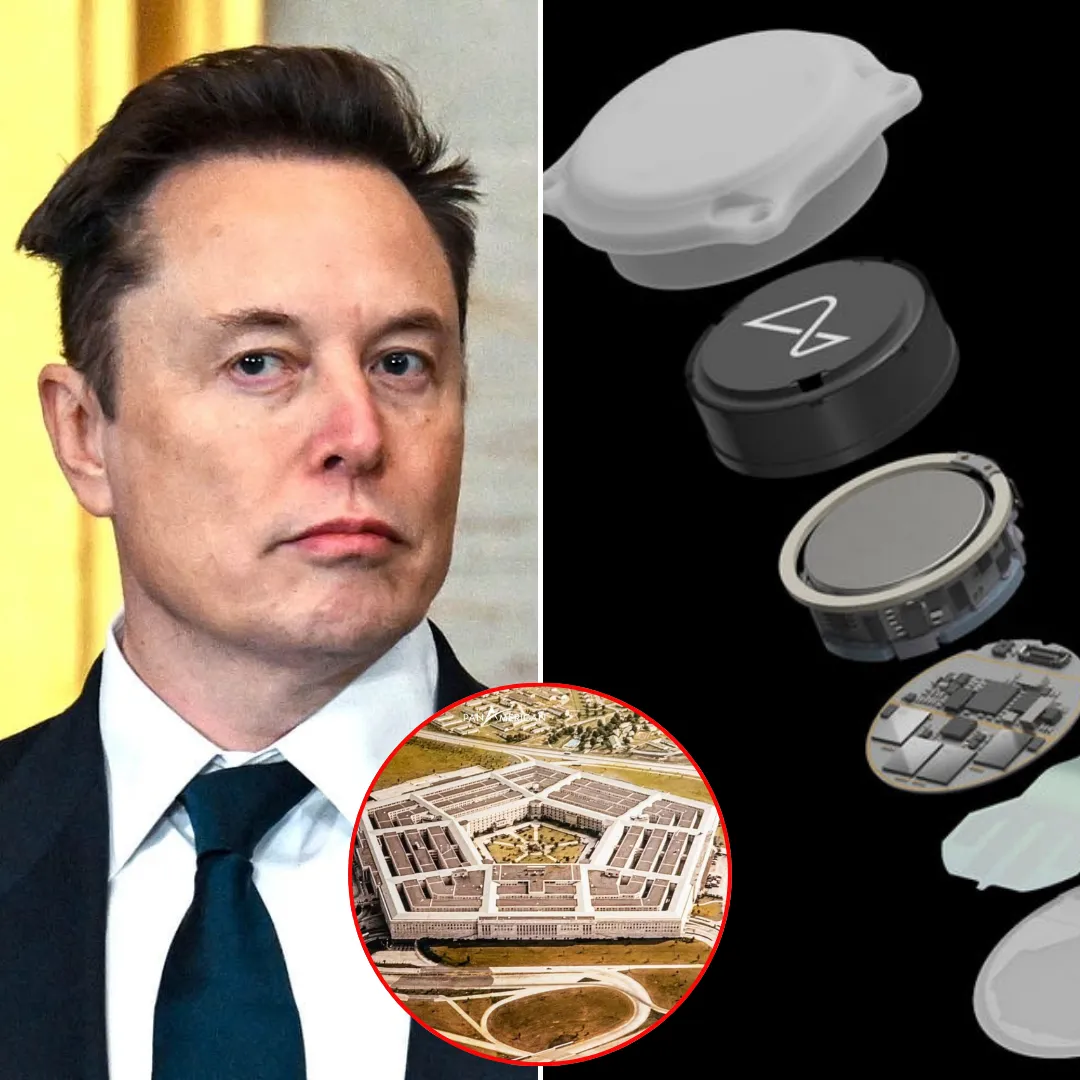A new controversy is brewing between France and the United States as French Socialist MEP Raphaël Glucksmann has called for the return of the Statue of Liberty, arguing that the U.S. no longer represents the values it once stood for. The bold statement, made during a convention of his Place Publique movement, has sparked discussions about the significance of historical gifts and whether their meaning should evolve alongside political changes.
The Statue of Liberty was gifted to the United States by France in 1886 as a symbol of freedom and democracy, celebrating the strong ties between the two nations. Designed by French sculptor Frédéric Auguste Bartholdi and built with the engineering expertise of Gustave Eiffel, the statue was meant to embody the ideals of liberty, justice, and democracy—values that both France and the U.S. were believed to uphold.

However, in recent years, tensions have risen between the two allies, with European leaders criticizing U.S. policies on climate change, immigration, and international diplomacy. Glucksmann’s comments reflect this growing discontent, as he argues that the United States under President Donald Trump has turned away from the fundamental principles that once made it deserving of such a grand gift.
During his speech, Glucksmann did not hold back in his criticism of the U.S. administration. He accused American leadership of siding with authoritarian regimes and undermining fundamental rights, particularly in the scientific community.
“We’re going to say to the Americans who have chosen to side with the tyrants, to those who have fired researchers for demanding scientific freedom: ‘Give us back the Statue of Liberty,’” he declared, drawing loud cheers from the audience.

He further emphasized that the statue was a symbol of hope and justice, but if the U.S. no longer values those principles, then it has no right to keep it. “We gave it to you as a gift, but apparently, you despise it. So it will be just fine here at home,” he added.
His remarks ignited a wave of debate among French and American political observers. Some in France supported his stance, agreeing that the United States’ shifting policies have distanced it from the core values the statue represents.
Others dismissed his statement as political theater, arguing that historical gifts should not be revoked based on contemporary disagreements.
For over a century, the Statue of Liberty has been one of the most recognizable landmarks in the world, standing proudly in New York Harbor as a beacon of hope for millions of immigrants arriving in the U.S. However, in recent years, its meaning has been questioned in light of America’s evolving stance on immigration, civil liberties, and foreign policy.

To many, the statue remains a powerful emblem of democracy and human rights. However, for critics like Glucksmann, it now serves as a painful reminder of how far the U.S. has drifted from those ideals.
This isn’t the first time the statue has been at the center of political controversy. Throughout history, it has been invoked in debates about racial justice, women’s rights, and the treatment of refugees.
The latest call for its return to France is yet another chapter in its complex legacy.
While Glucksmann’s speech made for a strong political statement, the logistics of actually reclaiming the statue are nearly impossible. Once gifted, historical artifacts and monuments are rarely, if ever, returned to their original countries.

The Statue of Liberty has been part of the American identity for more than a century, and any official request to return it would likely be met with resistance.
Furthermore, despite growing tensions, France and the U.S. remain close allies, cooperating on economic, security, and cultural matters. While political disagreements arise, they rarely lead to extreme actions like reclaiming historical gifts.
Yet, Glucksmann’s speech has succeeded in drawing attention to the broader issue: what happens when a country no longer upholds the values associated with a historical monument? Should symbols of democracy and freedom remain in a nation that critics claim no longer embodies those ideals?
The uproar surrounding Glucksmann’s remarks highlights a broader concern among European leaders who feel the U.S. is becoming increasingly unpredictable in global affairs. Many in France have voiced their disappointment over policies that undermine environmental efforts, human rights, and scientific progress.
While the Statue of Liberty is unlikely to ever be physically moved back to France, the discussion it has sparked is important. It forces the world to consider the role of symbols in shaping national identity and whether a country’s changing policies should affect its right to hold onto them.
For now, the statue remains in its place, overlooking the waters of New York Harbor. Whether it still stands as a beacon of hope and democracy, or a relic of ideals now fading, depends on who you ask.




